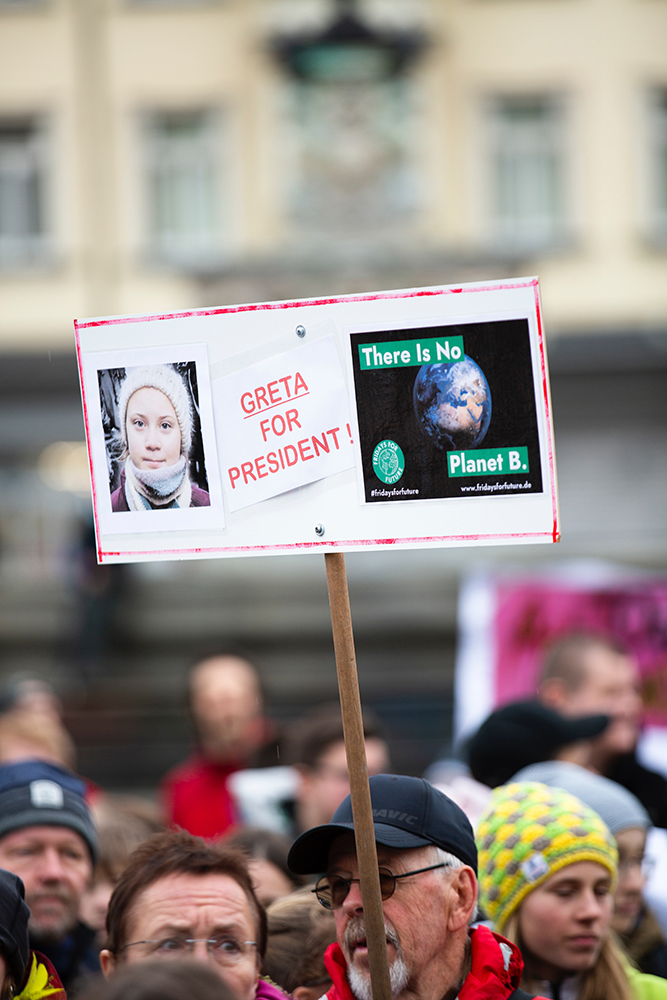
A handout picture provided by the office of Iran’s Supreme Leader Ayatollah Ali Khamenei on Jan. 17, 2020, shows him delivering a sermon to the crowd during Friday prayers in Tehran.
HO/AFP/Getty Images
Foreign Affairs Minister François-Philippe Champagne will meet Friday with his Iranian counterpart Mohammed Javad Zarif in the wake of the Flight 752 disaster, in the first face-to-face contact between the governments in years.
Fridays meeting in the Persian Gulf sultanate of Oman, which was announced by Irans foreign ministry and confirmed to The Globe and Mail by Mr. Champagnes office comes on the heels of a combative Friday sermon from Ayatollah Ali Khamenei. Irans supreme leader mixed a brief expression of regret over the Jan. 8 downing of the Ukrainian International Airlines passenger plane into a fiery speech urging Iranians to continue resisting the United States.
Mr. Champagne is travelling to Oman from London, where he attended a Thursday meeting of foreign ministers from the five countries that lost citizens in the Flight 752 disaster, and where the five countries Canada, Ukraine, Sweden, Afghanistan and the United Kingdom pledged to find ways to hold Iran accountable.
Story continues below advertisement
All 176 people on board the plane, including 57 Canadians, were killed when it was shot out of the sky by an Iranian anti-aircraft missile.
The weapon system believed to have shot down UIA Flight 752 designed to riddle air targets with shrapnel
The Iranian government, after three days of denials following the attack, now says the destruction of the civilian plane was a “terrible mistake.” Iran had fired a barrage of ballistic missiles at U.S. military targets in neighbouring Iraq earlier the same morning, and its anti-aircraft defences were on a state of heightened alert for possible retaliation.
Abas Aslani, editor-in-chief of the Tehran-based Iran Front Page website, said Mr. Champagne and Mr. Zarif would likely discuss a range of issues, including consular support for the families of the Iranian-Canadians who died when the plane was shot down, as well as potential compensation.
The issue of consular services is complicated by the fact the two countries have not had formal diplomatic relations since 2012, when Canada closed its embassy in Tehran over unspecified security threats and expelled Iranian diplomats from Ottawa at the same time. That has forced the team of 10 Canadian consular officials, as well as two Transportation Safety Board investigators, that arrived in Tehran this week to use the Italian embassy as their base.
Mr. Aslani said one idea Mr. Zarif was likely to raise with Mr. Champagne was allowing Canada to open a consular office in Tehran to deal with the aftermath of the crash, perhaps in exchange for Canada allowing Iran to open a similar office in Ottawa.
It can work both ways, because if you have consular services for Iranian-Canadians here [in Tehran], you need to have a consular mission there [in Ottawa] as well, Mr. Aslani said in a telephone interview. Iran Front Page is an English-language news website that is licensed by the countrys Ministry of Culture and Islamic Guidance.
A Canadian government official, whom The Globe and Mail is not identifying because they were not authorized to speak publicly about the matter, said a deal on the mutual opening of consulates was unlikely.
Story continues below advertisement
Another issue the two foreign ministers are certain to discuss is the treatment of dual nationals. Iran has a policy of not recognizing the second passports of its citizens, and all but five of the Canadians on board Flight 752 are believed to have entered Iran on their Iranian passports raising concerns about whether Iran will allow victims remains to be transported out of the country, as some families will likely request.
The Oman meeting will follow Ayatollah Khamenei’s sermon in Tehran, which marked the first time in eight years he has addressed the country through Friday prayers.
Ayatollah Khamenei called Irans Jan. 8 attack on U.S. military installations a day of God that served as revenge for the U.S. assassination of top Iranian commander Qassem Soleimani five days earlier. A dozen U.S. soldiers were reportedly wounded when ballistic missiles stuck their base in western Iraq.
The fact that Iran has the power to give such a slap to a world power shows the hand of God, Ayatollah Khamenei told worshippers at Tehrans Grand Mosalla. A massive crowd came out to hear the sermon, filling the Grand Mosalla and spilling out into the surrounding streets. Supporters responded to the supreme leaders words with with chants of Death to America.
A handout picture provided by the office of Iran’s Supreme Leader Ayatollah Ali Khamenei on Jan. 17 shows Iranians chanting slogans during Friday prayers in Tehran, under portraits of slain Iranian commander Qassem Soleimani (L) and Iraq’s Hashed al-Shaabi military network deputy chief Abu Mahdi al-Muhandis.
HO/AFP/Getty Images
Ayatollah Khamenei said the downing of Flight 752 was tragic, but he warned Iranians who have taken to the streets to protest in the aftermath that they were giving hope to Irans enemies. Thousands of Iranians have taken to the streets in a series of protests since the government finally admitted on Jan. 10 that the plane had been shot down. The protests have drawn support on Twitter from U.S. President Donald Trump, who rattled the region with his decision to order the assassination of Gen. Soleimani.
“As much as we were sad about the crash, our enemy was happy about it,” Ayatollah Khamenei said. “They thought they found an excuse to undermine the Islamic Revolutionary Guards Corps and our armed forces and question the Islamic Republic.”
Story continues below advertisement
He specifically criticized protesters who had torn down funeral banners of Gen. Soleimani while expressing their anger over the plane crash.
Are the few hundred people who disrespected posters of Irans honourable martyr General Soleimani the people of Iran? Or are the millions who attend his funeral the Iranian people?
Sanam Vakil, an Iran expert at Chatham House, a London-based think tank, said Ayatollah Khameneis decision to give the Friday sermon showed how dramatic the past few weeks from Gen. Soleimanis assassination through the domestic protests over Flight 752 have been for the Islamic Republic.
Khamenei tends to speak only rarely at Friday prayers. He does so when he thinks theres a crisis. He does so to try and create some unity, to make some sense of what has happened, Ms. Vakil said. The events of the past few weeks have been quite turbulent for Irans domestic political system. Specifically, the downing of the Ukrainian airliner has been devastating to a wide portion of the population.





More Stories
A teenager from Co Offaly has been “inundated” with orders for his handmade reindeer decorations after his mother put up a post in a popular Facebook group.
Run Windows apps such as Microsoft Office in Linux (Ubuntu) and GNOME as if they were a part of the native OS, including Nautilus integration. – Fmstrat/winapps
With Australia’s relationship with China at a very dangerous stage, the timing of what is expected to be a ‘more nuanced’ approach from a Biden administration could not be more welcome.